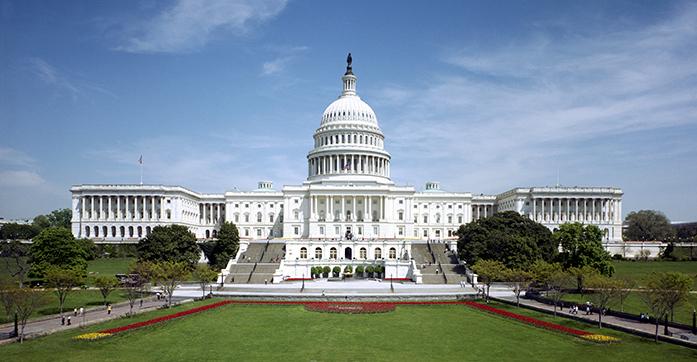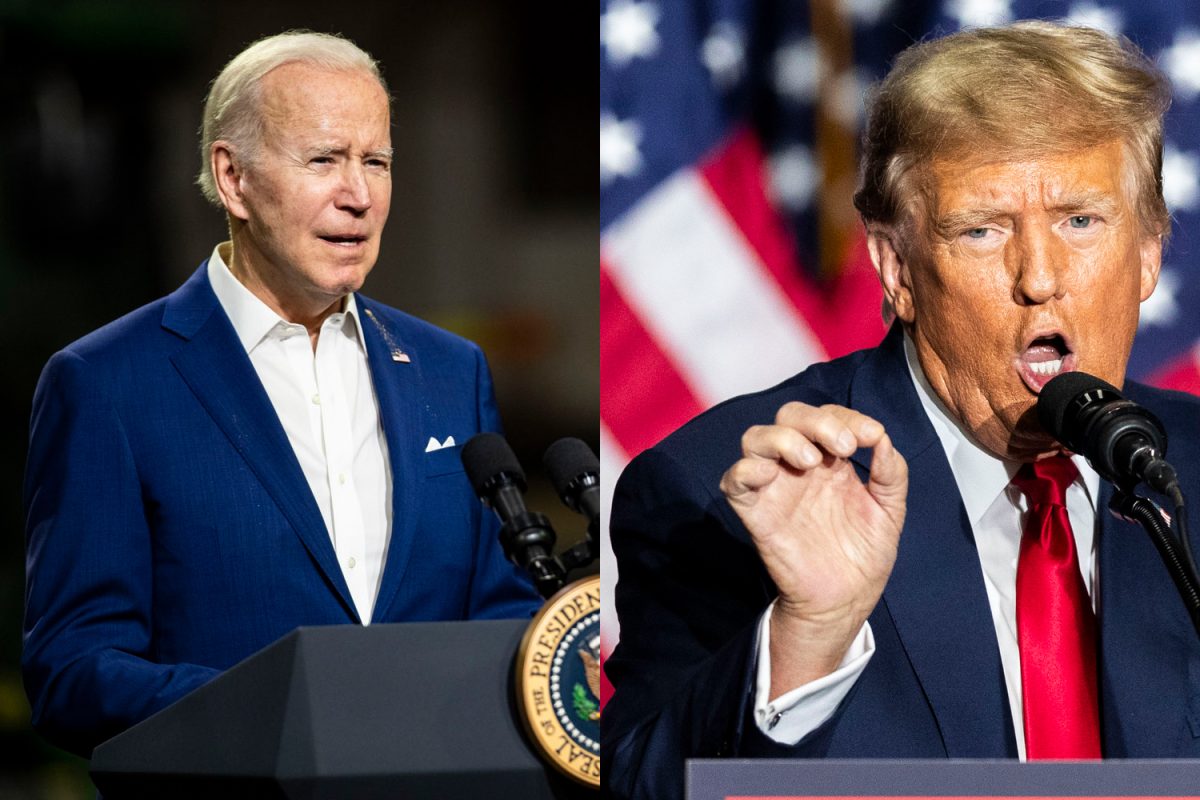An agreement has been struck among the 12 countries including the United States involved in the Trans-Pacific Partnership, a global trade deal and the first of its kind with the Asia-Pacific region. The controversial partnership has not been passed, and Congress will have 90 days to ratify the partnership. The countries that will be potentially involved in the partnership represent almost 40 percent of global output and 25 percent of global exports of goods and services, according to the Office of the United States Trade Representative, and as a result apprehension regarding the deal is more than understandable. Furthermore, large swaths of the proposed deal have not made been made available to the public, and the components that have been revealed show intricate implications on the global scale.
The partnership has been negotiated among Australia, Canada, Japan, Malaysia, Mexico, Peru, United States, Vietnam, Chile, Brunei, Singapore, and New Zealand. For numerous reasons, the U.S. constituency has raised concern about adverse effects felt on U.S soil. Benefits of involvements have been estimated to be $285 billion over baseline projections by 2025, and Japan and the United States would account for 64 percent of the total GDP gains. However, member countries in the agreement also stand to see a great deal of improvement that would on the surface appear to dwarf the U.S, such as a predicted increase in export by $440 billion, or 7 percent.
A competitive perspective on global trade relations may appear appealing in the short term, especially when trying to cater to a doubtful constituency that would prefer to see immediate gains made in the domestic economy. However, the modern global economy has become so intertwined that a long-term isolationist policy is not only unfeasible but next to impossible to continuously implement. Opting not to engage with the outside world is not the way to protect the country from the interests and machinations of the world on the precarious, global scales the economic game is now played upon. Only by confronting and committing to engagement with the rest of the world on the terms we dictate can we ensure an opportune position in the global economy.
Fears and concerns regarding the Trans-Pacific Partnership are warranted and should continue to be raised. The secrecy of the deal combined with large multinational corporations being privy to its details is alarming. At the same time, one mustn’t merge the prospect of advances in global trade with doubts about the viability of the Trans-Pacific Partnership’s current incarnation.
Globalization is an inescapable reality, and refusing to engage it may appease the anxious in the short term. However, in the long term, this cautious approach may cost the country a valuable stake in the global economy and the opportunity to shape policies and negotiations in the future. Skepticism and vigilance is essential for ensuring the government, corporations, and the global bureaucracy do not encroach upon the good of the common people, but a staunch refusal to move with the tides of the world will prove to be the quickest way for this country to be swept away by those tides. The world will keep spinning with or without us. Even if the partnership is not the best way to ensure we spin with it, we must remain open to the potential options that will.









